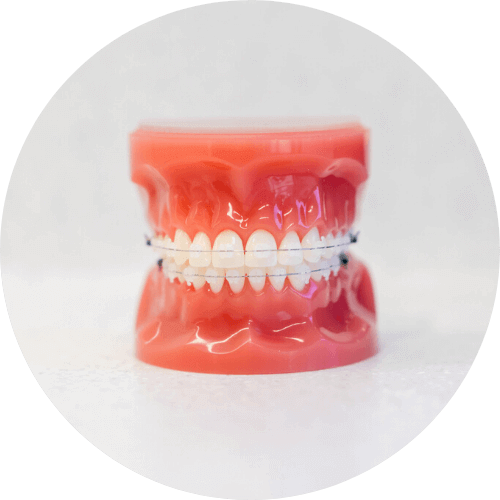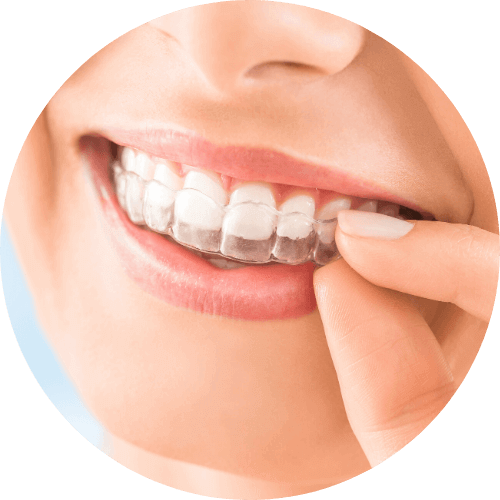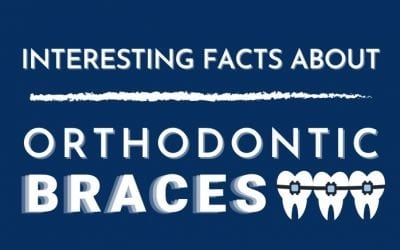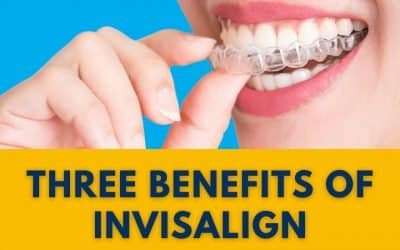Teeth and Drug Use
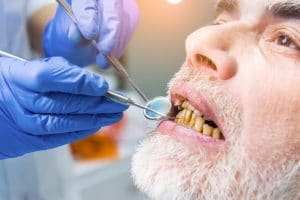
Healthy teeth and gums depend on good oral hygiene, a low-sugar diet, healthy saliva and regular visits to the dentist.
Some drugs can cause tooth damage, so it is important that you tell your dentist about any drugs you are taking.
Prevention is certainly better than cure, as dental restoration can be expensive and time-consuming.
Drug use and dry mouth
Some drugs reduce the flow of saliva and cause a condition called ‘dry mouth’. Dry mouth significantly increases the risk of tooth decay. This is because saliva:
- reduces the population of bacteria in the mouth
- neutralises mouth acids that cause tooth decay
- contains substances crucial to the ongoing process of re-mineralisation, which is the repair of tooth enamel (the hard surface layer that protects the tooth) that has been damaged by acids
- has a washing effect preventing food particles from sitting on teeth.
Talk to your dentist about whether any drugs you are taking could be causing dry mouth.
Drugs can affect teeth and gums
The regular use of drugs can cause significant tooth damage. Drugs that carry a high risk to your oral health include:
- alcohol – regular intake of alcohol can cause a dry mouth and tooth erosion, as most alcohols are acidic
- cannabis – also called marijuana, pot and weed; can cause dry mouth and can lead to an increased risk of gum problems. Cannabis smoke can cause oral cancer
- cocaine – also called coke or blow. Users sometimes rub cocaine over their gums, causing ulceration of gums and the underlying bone. Cocaine mixed with saliva creates an extremely acidic solution that erodes tooth enamel and exposes the underlying dentine to decay-causing bacteria. Cocaine and crack cocaine cause dry mouth, which further increases the risk of tooth decay. Cocaine can cause tooth wear by tooth grinding (bruxism)
- ecstasy – also called love drug, MDMA or M. Side effects of ecstasy include tooth grinding, jaw clenching and dry mouth
- heroin – also called H or smack. People who use heroin tend to crave sweet foods, which can increase the risk of tooth decay if dental hygiene is neglected. Heroin can also cause dry mouth and tooth grinding
- methamphetamine – also called speed, ice or meth. This drug causes severe tooth decay in a very short time. Dental professionals have coined the term ‘meth mouth’ to describe the extensive damage typically caused by this drug. Methamphetamine is highly acidic and attacks tooth enamel. Other side effects include dry mouth, teeth grinding and jaw clenching
- tobacco – smoking is associated with an increased rate of gum disease and poor gum healing as well as an increased risk of cancers, including oral cancer.
Any drug dependence or drug use that causes the person to neglect their personal hygiene, diet and dental care can significantly increase the risk of dental (and many other) problems.
Treatment for drug-related tooth and gum problems
Professional treatment depends on the particular drug and its effects on your teeth and gums, but may include:
- Fluoride strengthens teeth and reduces the risk of decay. The dentist may apply topical fluoride to the surface of your teeth. Fluoride tablets or mouthwashes may be recommended for use at home.
- Decayed teeth will need dental fillings and perhaps restorative work such as crowns.
- Badly decayed teeth may need to be removed. Bridges, dental implants or partial or full dentures may be recommended.
- The dentist can recommend various treatments (such as veneers) that can improve the look of your mouth and smile.
Drug use and prevention of tooth and gum problems
Suggestions include:
- If you have a drug dependence problem, consider talking to your doctor about entering a drug treatment program.
- Avoid fizzy soft drinks, which are highly acidic and can erode tooth enamel. Drink fluoridated tap water instead.
- Cut back on sweet or sticky foods such as biscuits or lollies.
- Chew sugar-free gum to encourage a steady flow of saliva.
- Pay careful attention to your tooth brushing and flossing habits. Clean your teeth thoroughly at least twice a day.
- Visit your dentist at least once or twice a year.
- Minimise your intake of alcohol.
- Consider quitting smoking.
- Ask your doctor and dentist for further self-care suggestions, and follow them carefully.
Drug use and dental treatment
If you are scheduled for dental treatment, tell your dentist about your alcohol or smoking intake, as well as any drugs you are taking or have recently taken.
Also tell your dentist about any medications you are taking or have recently taken, including prescription, over-the-counter and herbal medications.
Where to get help
- Your dentist
- Your GP (doctor)
- Dental Health Services provides public dental services through the Royal Dental Hospital of and community dental clinics, for eligible people. For more information about public dental services, Tel. (03) 9341 1000 or 1800 833 039 outside Melbourne metro
- Australian Dental Association ’Find a or Tel. (03) 8825 4600
To read the original article, click here.
DISCLAIMER:
The content has been made available for informational and educational purposes only. Central Coast Orthodontics does not make any representation or warranties with respect to the accuracy, applicability, fitness, or completeness of the content.
The content is not intended to be a substitute for professional personal diagnosis or treatment. Always seek the advice of your dentist or another qualified health provider with any questions you may have regarding a dental or medical condition. Never disregard professional advice or delay seeking it because of something you have read or seen on the Site.
Learn More About
Related Articles
Unfinished Smiles Welcome Here – We’ll Pick Up Where You Left Off
Is Smile Direct Club’s insolvency leaving your teeth realignment process stranded? As Invisalign Diamond Plus providers…
Interesting Facts About Orthodontic Braces
Wanting to get orthodontic braces but feeling unsure because you don't have knowledge about its...
Three Benefits of Invisalign
Did you know that aside from being an option for straightening your teeth, there are also benefits...
Metal Braces: Does This Traditional Dental Technology Have a Future?
Of all the medical professions, dentistry has always generated the most fear and continues to;...

